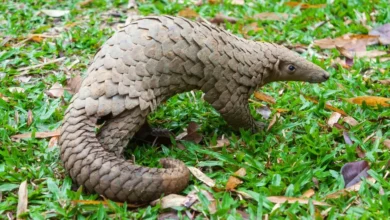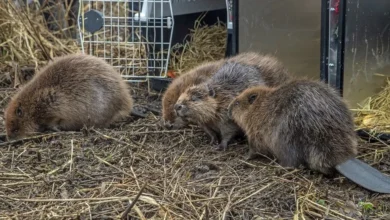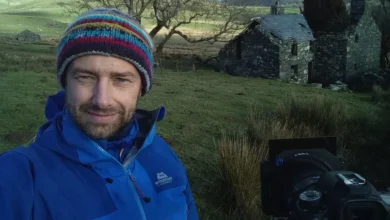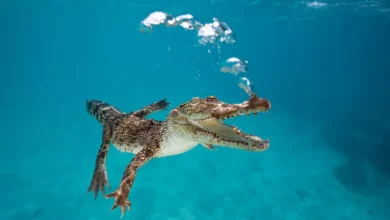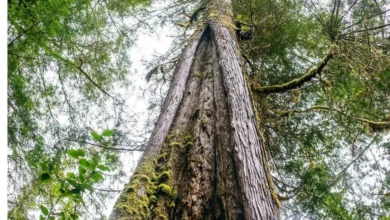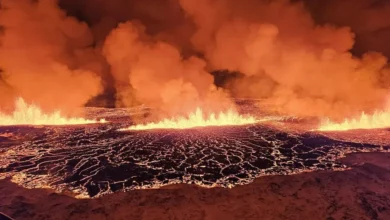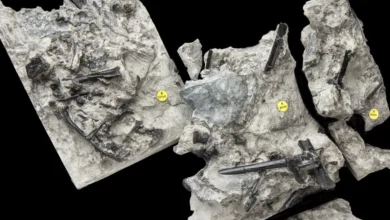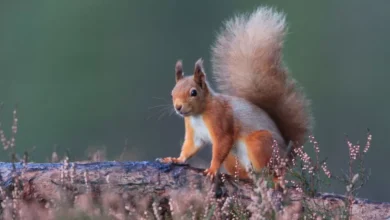Wolves win against farmers as Swiss cull put on hold
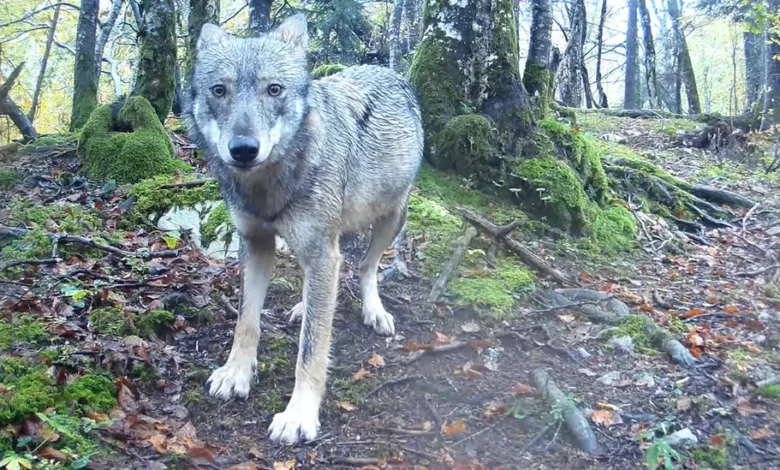
Switzerland’s mountain farmers are disappointed and angry, because a cull of the country’s wolves has been put on hold by the courts.
The farmers say the proposed cull was vital to protect livestock and, ultimately, the future of Alpine communities.
Environmental groups argued it went far further than the law allows and could decimate the wolf population.
The case is being watched closely by other European countries. Most, like Switzerland, class the wolf as a protected species, but many are also seeing wolf numbers rising, and concerns from farmers along with them.
How many wolves are too many?
For much of the 20th Century, Europe was virtually wolf-free. The animal, which featured so often in frightening medieval fairy tales, had been hunted almost to extinction.
The wolf’s return to Switzerland in the 1990s, crossing the Alps from Italy, was at first celebrated as a sign that nature was rebalancing itself, after centuries of predation by humans.
But wolves need to eat, and Switzerland’s high mountain farmers soon began to notice their sheep were going missing.
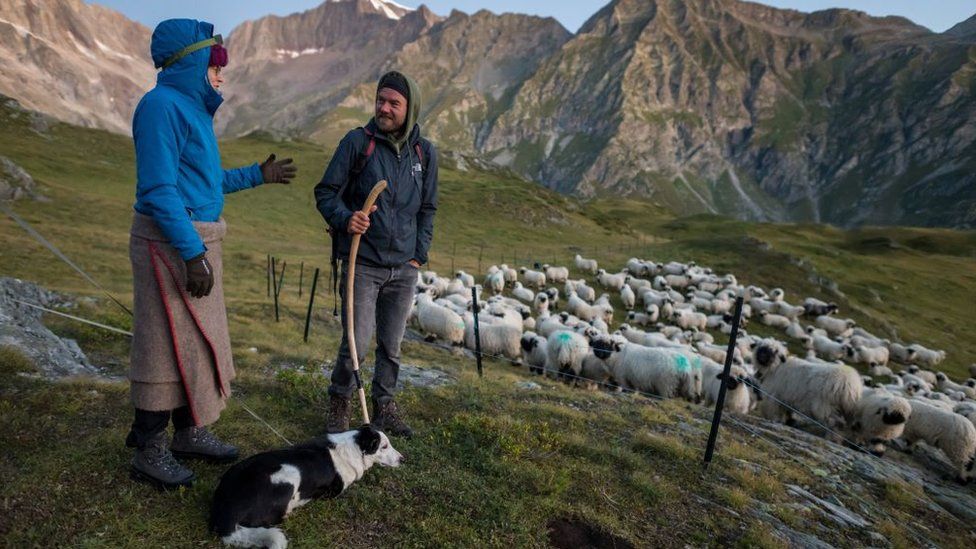
Under pressure from farmers, the laws around protection were tweaked slightly to allow the killing of “problem” wolves – those known to have attacked livestock.
But in a 2020 referendum, voters reaffirmed the wolf’s protected status, rejecting proposals to relax the hunting regulations even further.
Since then, Switzerland’s wolf population has tripled to at least 300, with an estimated 32 packs across the country.
This year, the government approved new measures, allowing cantons to eradicate not just problem wolves but entire packs. It also suggested that a far smaller quota of wolf packs would be suitable for Switzerland – 12 rather than 32.
Mountain communities reacted with relief. Sandro Michael of the farmers’ association in the eastern canton of Grisons says the growing wolf population is putting farmers under enormous pressure.
“We’ve got 14 wolf packs in the canton now,” he said. “We’ve tried with fences, sheepdogs, shepherds, and livestock are still getting attacked.”
Farmers were waking up every morning to find dead animals, he told the BBC, and night cameras had revealed wolves jumping back and forth over protective fences “minute by minute”.
Legal battle
But the sweeping cull was greeted with horror by wildlife groups and challenged by Switzerland’s oldest environmental organisation, Pro Natura, which complained it went far beyond what was permitted under Swiss law.
“There was never any talk of a quota,” said Nathalie Rutz of Pro Natura. “It’s a very unscientific and politically motivated threshold, science is united on this. It doesn’t take into account the important role the wolf plays.”
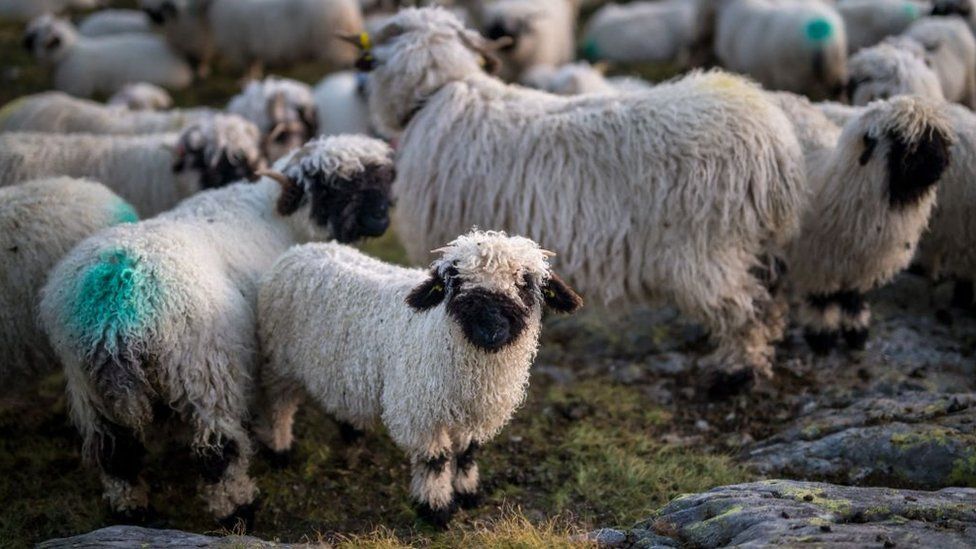
That role was explained by Lucie Wütrich, an environmental campaigner who gathered the support of 200 wildlife groups and specialists in an open letter of protest to the Swiss government.
Wolves, she argued, were “good for Europe. Europe needs predators”.
Ms Wütrich, who is a specialist in forest diversity, believes the Swiss cull is “unprecedented in Europe”.
She says wolves are integral to maintaining biodiversity, especially by preying on deer which damage forests by destroying young trees: “In certain areas the deer are actually responsible for changing the species composition of the forests.”
Beyond Switzerland’s borders, the EU has begun to re-evaluate the wolf’s protection.
European Commission President Ursula von der Leyen, whose pony was killed by a wolf in Germany in 2022, invited member states this year to take another look at wolves, suggesting “the concentration of wolf packs in some European regions has become a real danger for livestock and potentially also for humans”.
Big threat to livestock?
Swiss environmental groups say the attacks on livestock have not risen as fast as the wolf population. Proof, they claim, that the fences, sheepdogs, and shepherds are beginning to work. They urge the farmers to stick with it.
So far, Swiss courts have agreed with the environmentalists, and have ordered at least some of the packs, which have endearing Swiss names like Jatzhorn, Stagias, Hauts-Forts or Isérables-Fou, to be spared.
Sandro Michael of the farmers’ association pointed out that the cull in canton Grisons was not even going as far as the new proposals allowed. Now, he said, farmers were living with uncertainty: “They have no really good way to protect their flocks.”
Farmers did not want to eradicate wolves, he explained, but there had to be a compromise from both sides.
He warned the court’s decision only added to pressure on Alpine communities whose livelihoods had been challenged for years by cuts to farming subsidies.
Despite her obvious affection for wolves, Lucie Wütrich does not believe every wolf should automatically be protected.
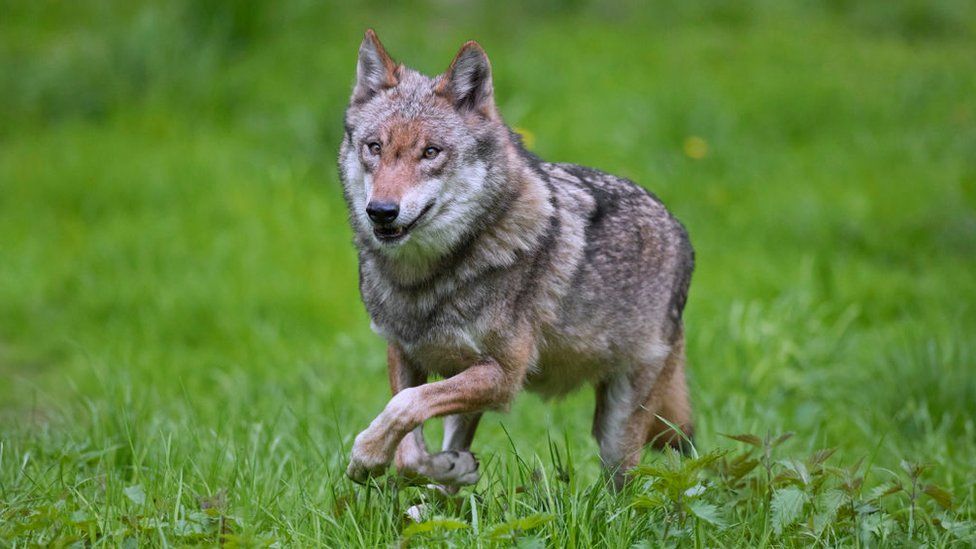
Pointing to a wolf pack in Italy which has begun “going into a village and taking dogs”, she accepts that just might be a reason for “elimination”.
Peaceful co-existence between humans and animals is at the heart of the Swiss debate, and while everyone seems to want it, no one really agrees on how.
Lucie Wütrich argues that with the world facing a “bio-diversity and climate change crisis, we can’t afford to just exterminate things we don’t like”.
“The wolf has a positive role to play in Switzerland, if we let it,” adds Nathalie Rutz from Pro Natura.
But Sandro Michael asks whether the Swiss are prepared to lose their tradition of high-Alpine farming. Their country is already densely populated with humans, he suggests, and now has a wolf density five times greater than Canada or Russia.
For now, the legal battle is working its way to an appeal court and the cull remains partially suspended. For the moment at least, the happiest hunting grounds in Switzerland are for the lawyers.

